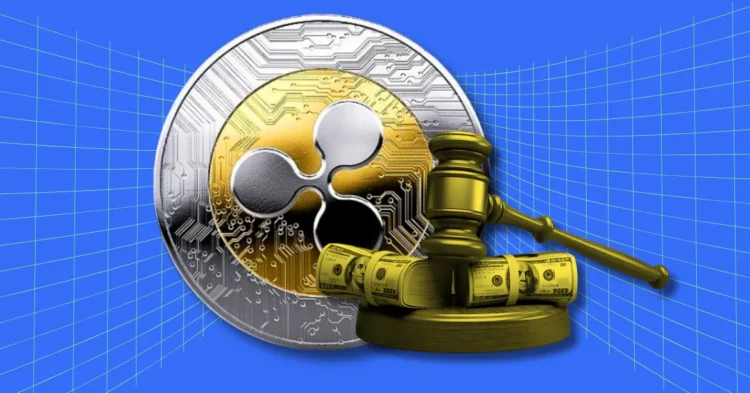The Securities and Exchange Commission (SEC) faces a critical deadline. By October 7, the SEC must decide whether to appeal a recent ruling by Judge Analisa Torres concerning XRP in the Ripple case. This decision holds significant implications for the cryptocurrency industry and future regulatory actions.
Judge Torres’s Ruling and Its Impact
Judge Analisa Torres’s ruling was grounded in specific facts and did not rely on expert testimony regarding XRP holders. According to legal experts, this reduces the likelihood of an appeals court overturning her decision. If the SEC chooses to appeal, the case would likely return to Judge Torres, who might reaffirm her initial ruling.
Potential Outcomes of an Appeal
Some legal analysts, such as Fred Rispoli, suggest that the SEC might have a chance of winning if the case is assigned to judges who are favorable to their stance. However, this scenario is considered improbable by most experts. The complexities of the case make it challenging for the SEC to secure a definitive win.
Clarifications from Former SEC Lawyer Marc Fagel
Former SEC lawyer Marc Fagel has addressed several misconceptions surrounding the Ripple case. In response to claims that a settlement had already been reached between Ripple and the SEC, Fagel clarified the legal situation. He explained that there is no settlement agreement between the parties; instead, there is a final judgment from the court requiring Ripple to pay penalties for its legal violations. Whether the parties appeal this judgment is a separate matter entirely.
Misunderstandings About Litigation
Fagel emphasized, “You’re misunderstanding how litigation works in the U.S. There is no settlement, which involves an agreement between both parties. Instead, there is a final judgment from the court that orders Ripple to pay penalties for its legal violations. Whether the parties choose to appeal that judgment is a separate matter.”
SEC’s Focus on Coinbase and Binance Cases
During a discussion about whether the SEC should continue pursuing the Ripple case or focus on other high-profile cases, Fagel highlighted the importance of the Coinbase and Binance cases. He noted that these cases align more closely with the SEC’s current enforcement priorities and would address issues related to secondary sales more directly.
Challenges Posed by Ripple Ruling
Fagel acknowledged that the Ripple ruling on programmatic sales poses significant challenges for the SEC, even outside the exchange context. This ruling has broader implications for the regulatory landscape and could influence future enforcement actions against other entities in the cryptocurrency space.
Timeline for the Appeals Process
When asked about the duration of the trial and its potential impact on the issuance of RLUSD, Fagel provided some insights. He mentioned that if the SEC decides to appeal, the average time for a ruling in the Second Circuit is approximately 10-11 months. Depending on the outcome, the case could return to the trial court for further proceedings or potentially move to another jurisdiction. However, Fagel did not provide specific details regarding the RLUSD aspect.
The SEC’s decision on whether to appeal Judge Torres’s ruling will be closely watched by the cryptocurrency community and legal experts alike. This case has far-reaching implications for the regulatory environment and could set important precedents for future legal battles in the crypto industry.











